Why does styrene undergo anionic polymerisation easily ?
Video Solution
Text Solution
In styrene, an electron withdrawing phenyl group is present. As a result, the nucleophile or anionic attack can easily take place leading to anionic polymerisation

|
Topper's Solved these Questions
- POLYMERSBOOK - DINESH PUBLICATIONCHAPTER - POLYMERSEXERCISE - Question from Board examinations
62 Videos
- POLYMERSBOOK - DINESH PUBLICATIONCHAPTER - POLYMERSEXERCISE - Assignment
72 Videos
- POLYMERSBOOK - DINESH PUBLICATIONCHAPTER - POLYMERSEXERCISE - Long answer type question
5 Videos
- ORGANIC COMPOUNDS WITH FUNCTIONAL GROUP CONTAINING HALOGENS BOOK - DINESH PUBLICATIONCHAPTER - ORGANIC COMPOUNDS WITH FUNCTIONAL GROUP CONTAINING HALOGENS EXERCISE - UNIT TEST - 5
37 Videos
- PRINCIPLES RELATED TO PRACTICAL CHEMISTRYBOOK - DINESH PUBLICATIONCHAPTER - PRINCIPLES RELATED TO PRACTICAL CHEMISTRYEXERCISE - Brain teasers-42
1 Videos
Similar Questions
Knowledge Check
The monomer that undergo radical polymerisation most easily is :
ACH2=CH2BC6H5CH=CH2C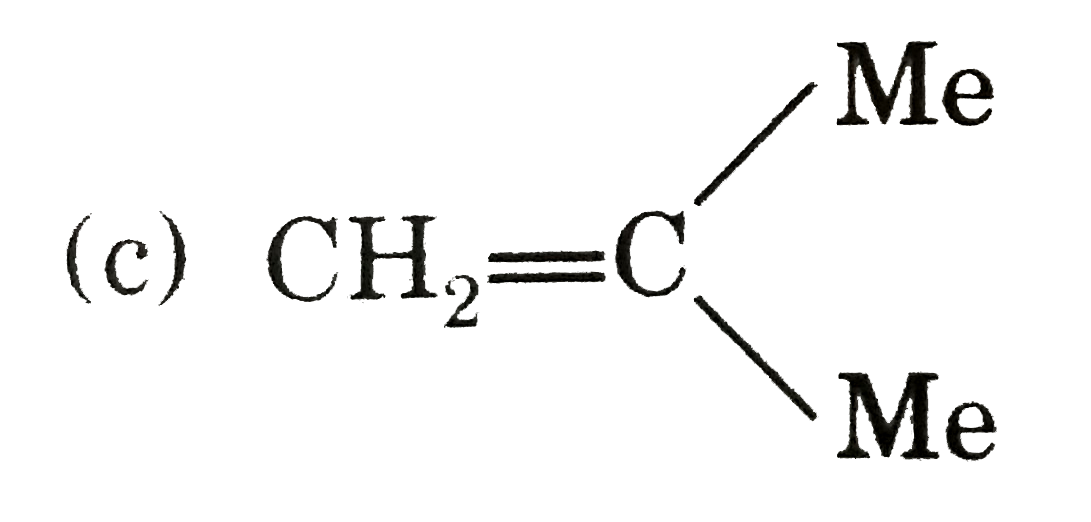 DCH3−CH=CH2
DCH3−CH=CH2Which of the following monomers has greatest ability to undergo cationic polymerisation?
A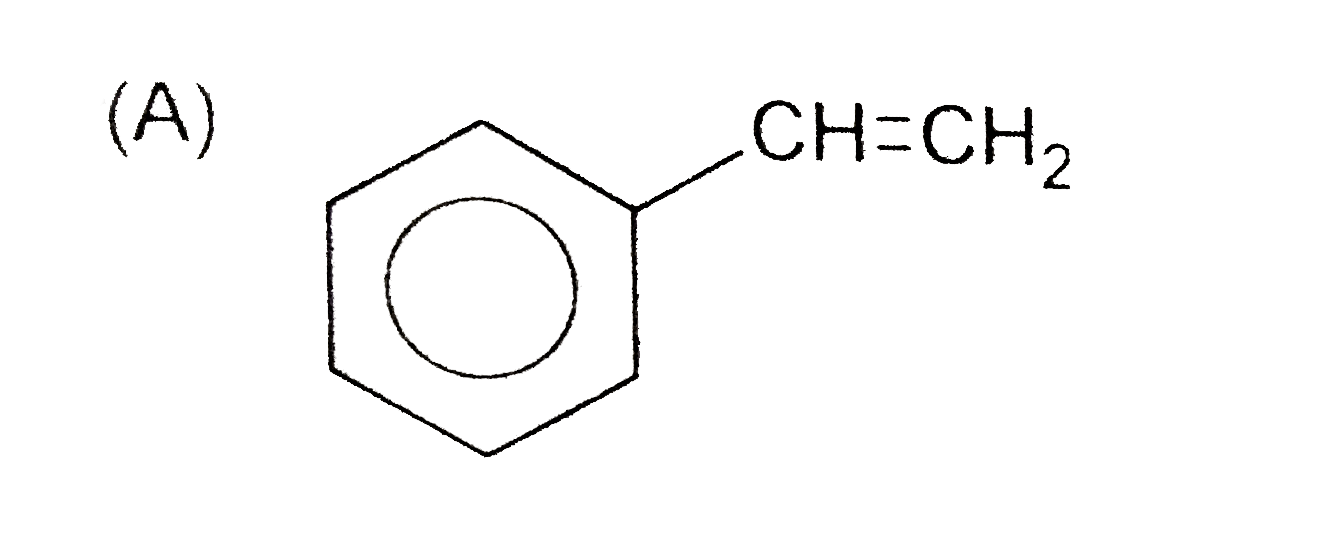 B
B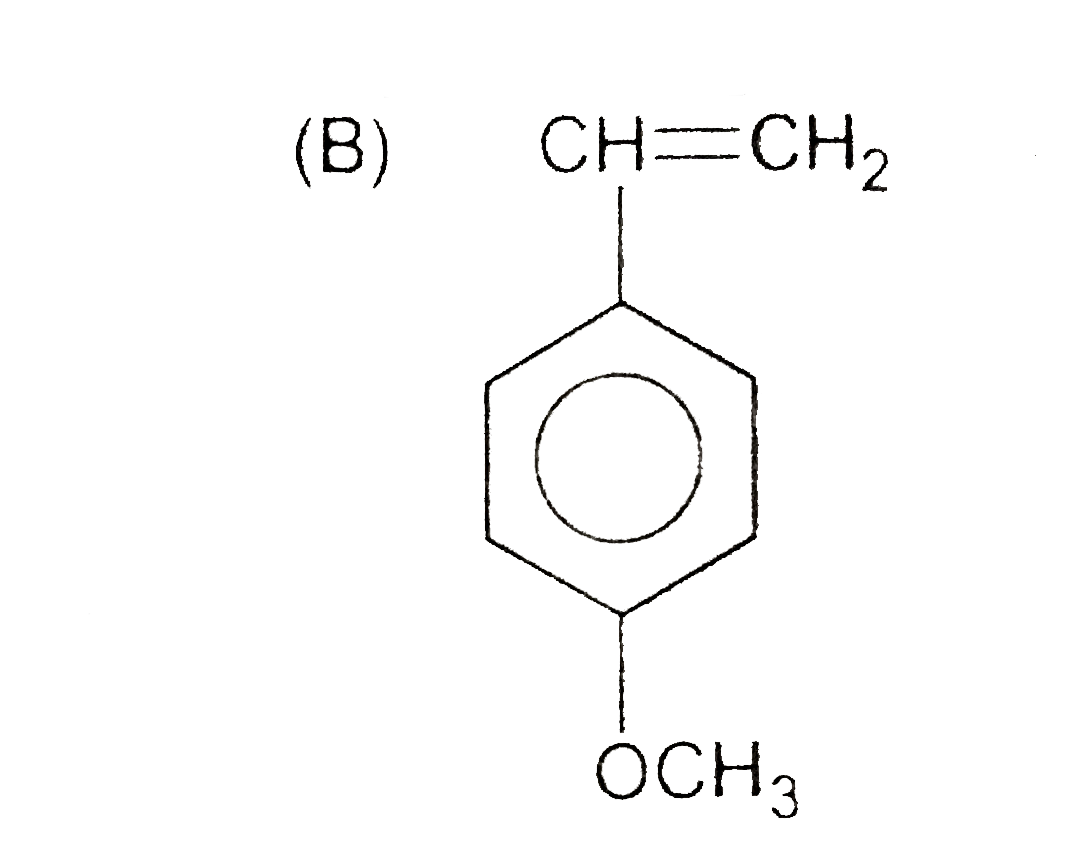 C
C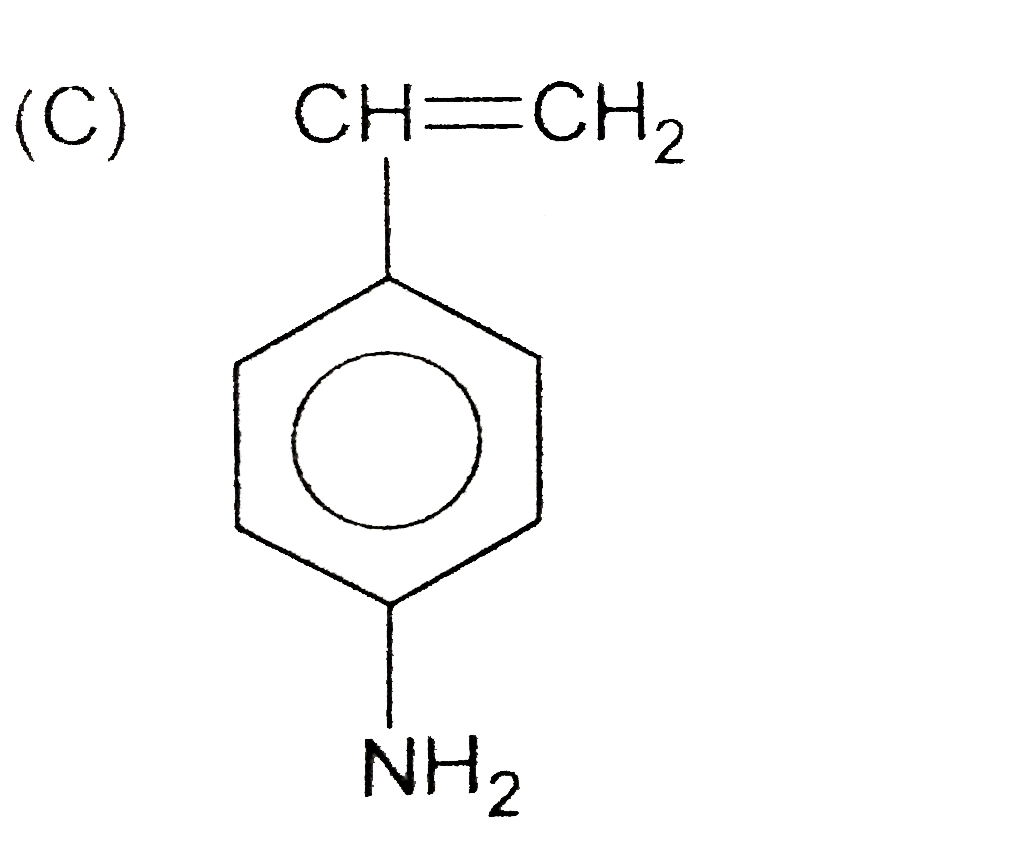 D
D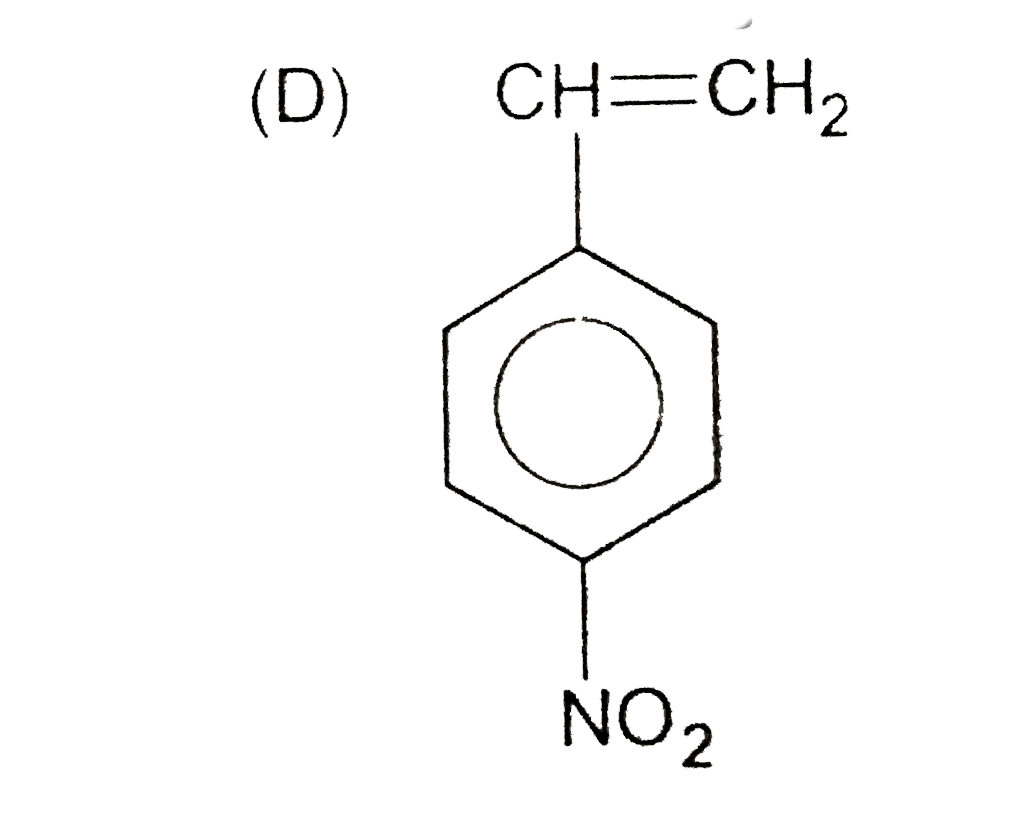
Which of the following vinyl derivative is most reactive toward anionic polymerisation ?
ACH2=CHCH3BCH2=CHC2H5CCH2=CHClDCH2=CHC≡N
Assertion (A) Olefinic monomers undergo addition polymerisation
Reason (R ) Polymerisation of vinyl chloride is initiated by peroixdes/persulphates
View SolutionWhich of the following alkenes is least reactive towards anionic polymerisation ?
View SolutionBenzene does not undergo polymerisation due to
View SolutionWhich of the following alkenes is least reactive towards anionic polymerisation?
View SolutionAlthough styrene undergoes both cationic and anionic polymerisation, one method is always preferred with substituted styrenes. Which method is preferred with

View Solution
